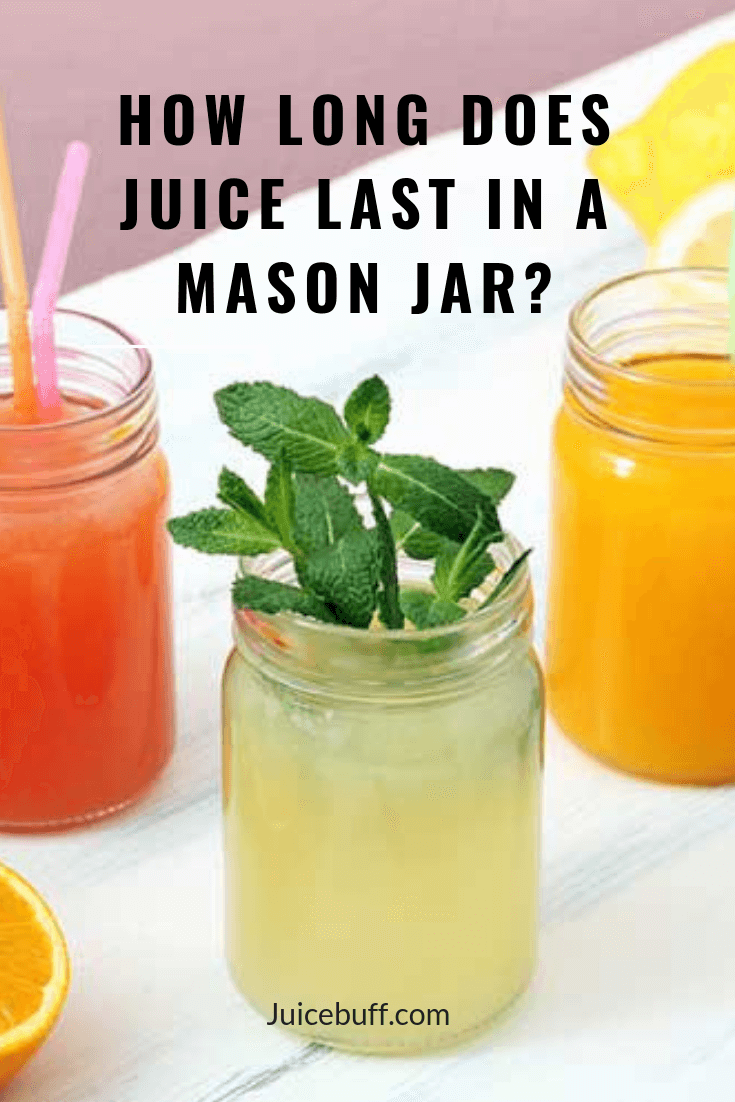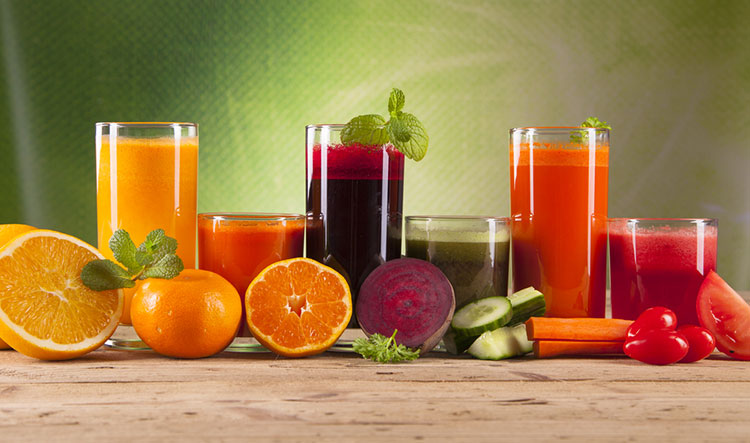Juices, when fresh, are a delightful way to get your daily recommended dose of vitamins and minerals. But, with all their goodness, how long do they last? That’s the question many of us have on our minds when we buy juice in our local stores and supermarkets. In this article, we’ll explore which juice lasts longer and how we can make sure that our juice stays fresh for as long as possible.
language
Which Juice Lasts Longer?
Juices come in a variety of flavors and textures. But which one lasts longer? To answer this question, we need to consider the factors that affect the shelf life of juices. These include the type of juice, storage temperatures, and the packaging used. Let’s take a closer look at each factor to determine which juice lasts longer.
Type of Juice
The type of juice that you choose is an important factor when considering shelf life. Some juices, such as orange, apple, and grapefruit juice, are naturally high in acidity and can last longer than other types of juice. These juices are also more resistant to spoilage and will last longer in the refrigerator. On the other hand, juices made from fresh fruits and vegetables are more likely to spoil quickly, as they do not contain preservatives.
Storage Temperatures
The storage temperature of juice is also important. Juices should be stored in the refrigerator to maintain their freshness and extend their shelf life. If juices are stored at room temperature, they will spoil more quickly. The ideal storage temperature for juice is between 35 and 40 degrees Fahrenheit.
Packaging Used
The packaging that is used to store juice also affects its shelf life. Juice that is stored in aseptic containers, such as Tetra Paks, can last up to nine months. Juice stored in traditional glass jars can last up to one month. When purchasing juice, it is important to check the expiration date on the package to ensure that the juice is still fresh.
Preservatives
Preservatives are additives that are used to extend the shelf life of food products, including juices. Some juices, such as orange juice, may contain preservatives such as sodium benzoate and potassium sorbate. These preservatives can help extend the shelf life of juice by preventing the growth of bacteria and other microorganisms.
Pasteurization
Pasteurization is a process in which juice is heated to a high temperature for a short period of time, which kills off any harmful bacteria that may be present in the juice. This process extends the shelf life of juice, although it also affects the flavor and texture of the juice.
Freezing Juice
Freezing juice is another way to extend its shelf life. When juice is frozen, it can last up to six months. To freeze juice, pour it into an airtight container and place it in the freezer. When ready to use, thaw it in the refrigerator or at room temperature.
Vacuum Sealed Juice
Vacuum sealed juice is another way to extend the shelf life of juice. Vacuum sealing removes the air from the container, which prevents the growth of bacteria and other microorganisms. Vacuum sealed juice can last up to one year.
Homemade Juice
Homemade juice has a shorter shelf life than store-bought juice. This is because homemade juice does not contain preservatives and is not pasteurized. With proper storage, homemade juice can last up to five days.
Shelf Life of Juices
The shelf life of juices can vary depending on the type of juice, storage temperatures, and the packaging used. Generally, juices that are naturally high in acidity and are stored in the refrigerator will last the longest. Juices made from fresh fruits and vegetables, as well as those that are not pasteurized or vacuum sealed, will have a shorter shelf life.
Related Faq
Which Juice Lasts Longer?
Answer: Freshly squeezed juice will usually last longer than store-bought juice because it is not pasteurized and has not been exposed to heat. Fresh juice is typically made with a juicer and the ingredients are immediately consumed. The sugar and acid in the juice help to preserve the drink and extend its shelf life. Store-bought juice, on the other hand, is pasteurized and exposed to heat in order to extend its shelf life and make it safe for consumption. This process kills off many of the beneficial vitamins and minerals that are found in fresh juice and can significantly reduce its nutritional value. As a result, store-bought juice will not last nearly as long as freshly squeezed juice.
How Long Do Homemade Juices Stay Fresh? | Fasting & Cleanses
After comparing the two juices, it is clear that freshly squeezed juice lasts longer than store-bought juice. This is due to the lack of preservatives and other additives that are found in store-bought juice. Therefore, if you are looking for a juice that will stay fresh for a longer period of time, it is best to opt for freshly squeezed juice. Not only will it last longer, but it will also provide you with the best nutritional benefits.




